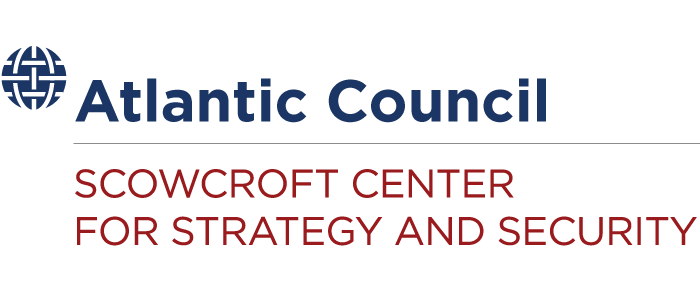The domestic challenges that threaten China’s superpower future
China’s top leaders are attempting a radical push to create a far more equitable economy, which Xi has called “common prosperity.” That effort has been accompanied by sweeping crackdowns that restrict the business of multiple industries, while utilizing pressure campaigns on China’s richest entrepreneurs, getting them to donate their company and personal wealth to Beijing’s chosen causes, and leading many of them to resign from running the companies they founded. Called China’s “Red New Deal” by some, the startlingly ambitious effort to remake China’s economy is likely to be deeply disruptive to China’s technology aspirations, future economic growth, and productivity. China is undergoing its biggest economic transition in decades, the move from a “factory to the world” model—based on heavy investment at home and producing low-cost manufacturing goods to sell abroad, long reliant on foreign cooperation for technological development—to what its leaders hope will be a much more self-reliant and domestically oriented model. Beijing has also struggled to boost household consumption as a driver of economic growth, while reducing the high savings rates of the Chinese people. After two years of the pandemic, China has only moved backward on those two goals. Whether China can successfully carry out this shift, which has been called the biggest economic change since Deng launched Reform and Opening four-plus decades ago, is an open question.
This report examines the key internal challenges that Beijing confronts, many of its own making. They include: a rapidly aging population, due, in part, to the earlier one-child policy; a wealth gap that is growing alarmingly large and is now one of the world’s most extreme; stalled reforms, including those to the household registration or hukou system; unbalanced regional development that has been exacerbated by the pandemic; and a dramatic new push to assert party control over private business, what an earlier report dubbed “Xi Jinping’s politics in command economy.” All of these challenges raise the possibility that China could get stuck in the “middle-income trap,” in which a country’s economy stalls and it finds itself unable to join the ranks of developed countries. More worryingly, it could face substantial social unrest that would undermine the government’s hold on power. How China manages these sweeping challenges will also affect how it deals with the world, and whether its economy is a driver or a drag on future global growth.

Asia Security Initiative
The Asia Security Initiative, housed within the Scowcroft Center for Strategy and Security, fosters a trans-Atlantic-Pacific Community with a dual analytical approach grounded in key traditional and non-traditional security issues in order to develop new strategies and policies for the United States, its allies, and its partners.
